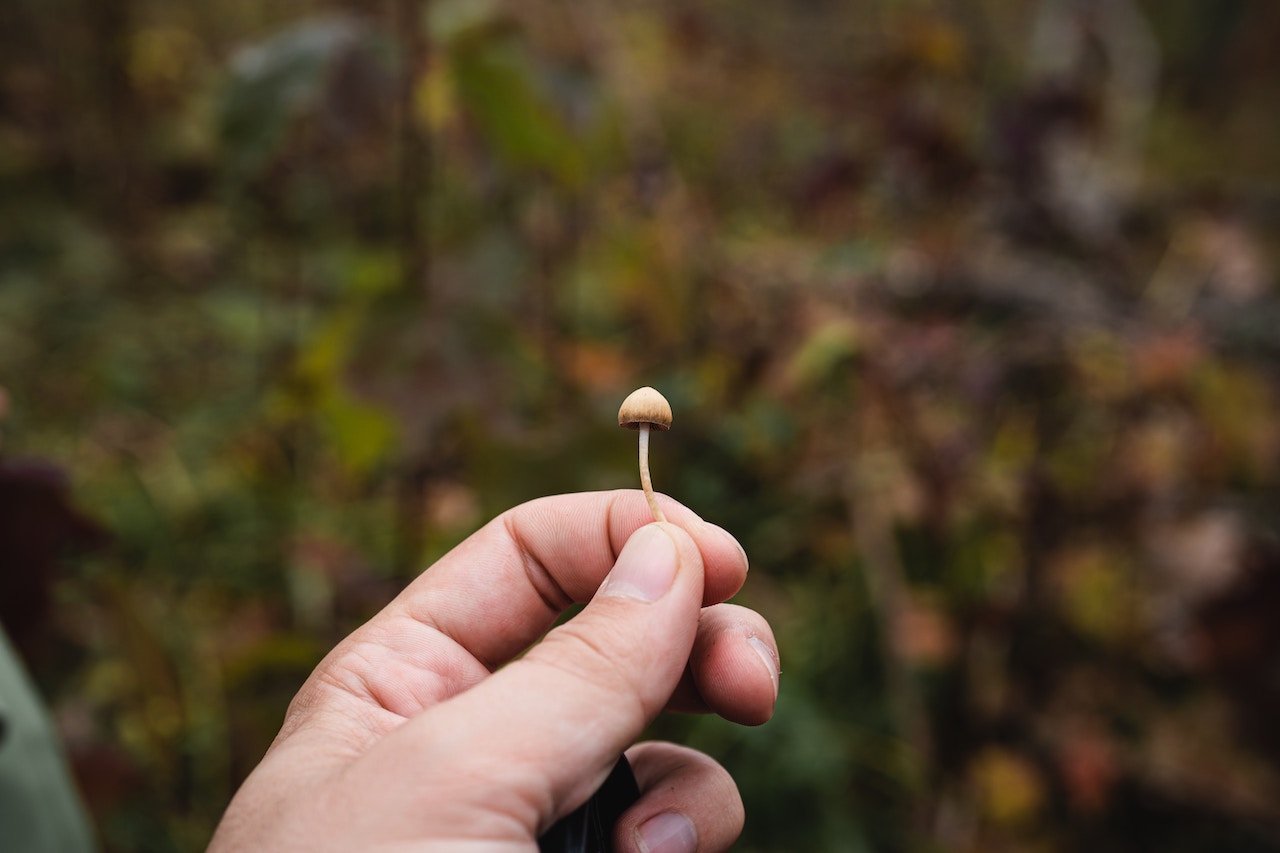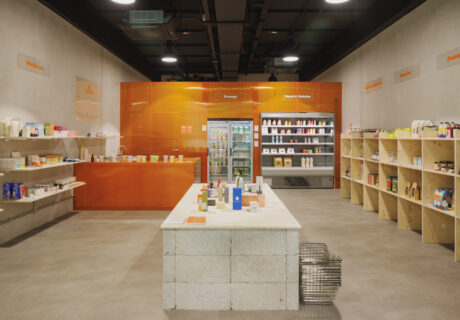In a world first, Australia has legalized psychedelics for use in the treatment of certain persistent mental health conditions.
As the first country in the world to do so, Australia has become a pioneer in the legal application of prescribed psychedelics in the mental health space.
On 1 July Australian authorities placed two drugs on the list of approved medicines by the Therapeutic Goods Administration, meaning that controlled doses of MDMA (also known as ecstasy) can now be prescribed in a clinical environment by approved psychiatrists for patients suffering post-traumatic stress disorder, along with psilocybin (magic mushrooms) for treatment-resistant depression.
While hailed in the scientific community as a game-changer which puts Australia ‘at the forefront of research in this field’ the move into legalized psychedelic-assisted psychotherapy was not without controversy, with warnings that hype should not eclipse concerns over the risks of a ‘bad trip’. While clinical trials have shown ‘consistently positive outcomes’, according to Associate Professor Daniel Perkins, co-executive director of the Psychae Institute in Melbourne, trial data is limited. “We don’t exactly know how well it’s going to translate to the real-world settings,” says Perkins.
Psychiatrists will need to provide a clinical justification
It’s also an expensive route; each round of treatment is likely to cost anywhere between $15,000AUD and $25,000AUD, estimates Perkins.
Dr Mike Musker, mental health researcher at the University of South Australia, suggests there is a risk of self-administration – something he warns against; if treatment is not provided at an affordable cost ‘desperate’ patients will ‘try and treat themselves’ at home.
“Psychiatrists will need to provide a clinical justification for why they believe these substances are appropriate for the patient group they’re proposing to treat,” explains Perkins. “Patients will be able to access these only in supervised clinical settings. There’s no dispensing for home use.
“The access will involve a small number of administrations – probably one to three full-day, high-dose sessions with pre- and post-psychotherapeutic support. There will be no access to any other patient groups, no off-label prescribing and there’ll be no change in the regulation of MDMA and psilocybin in all other circumstances.”





